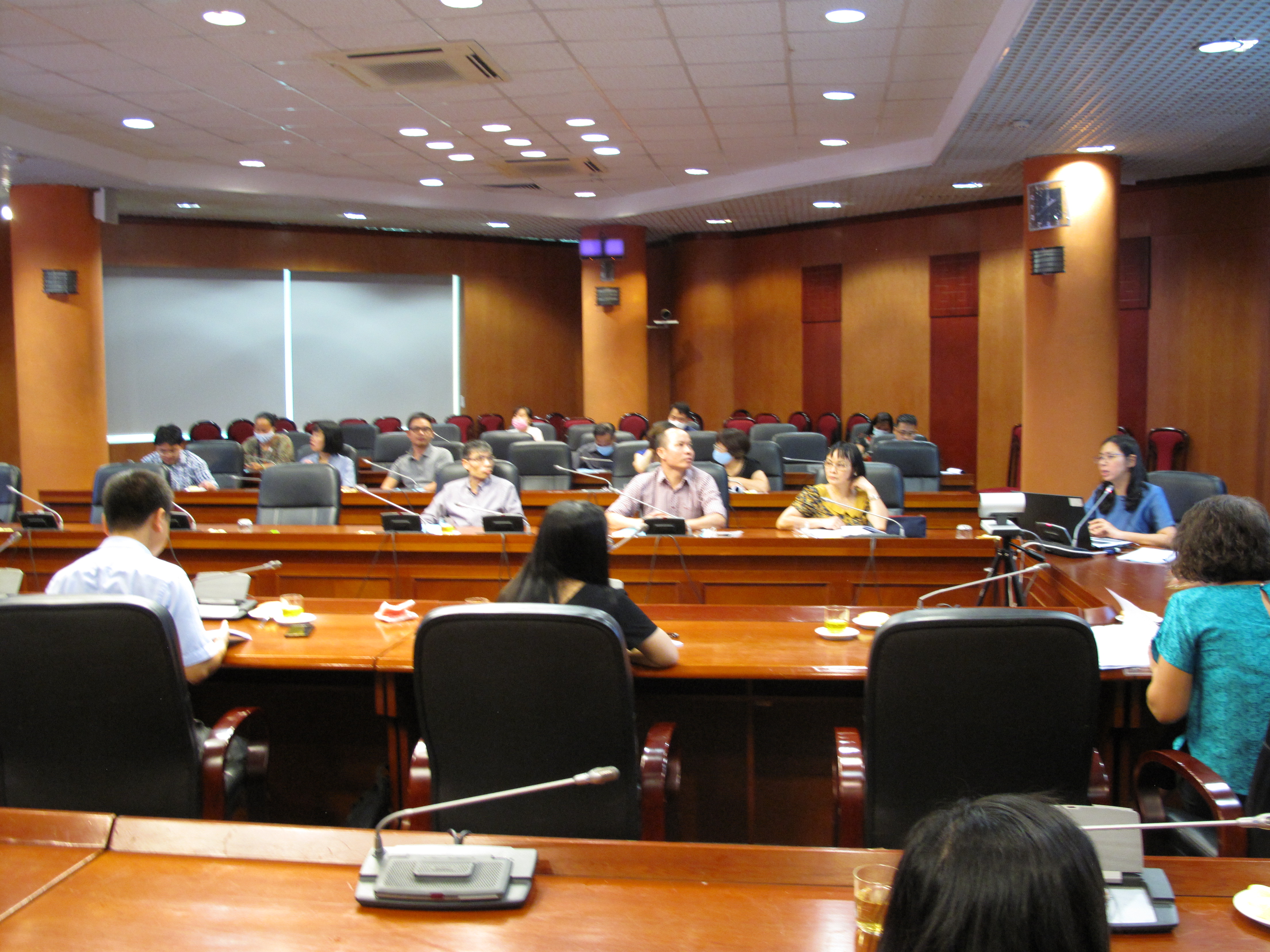The Greater Mekong Sub-region (GMS) includes five countries belonging to the Association of Southeast Asian Nations (ASEAN) namely Myanmar, Laos, Thailand, Cambodia, Vietnam and two provinces of Yunnan and Guangxi of China, with total area of 2.6 million square kilometers. This is an area with great economic potential with rich resource reserves and the Mekong is an important river for the lives of more than 60 million people of the countries in the river basin, specially the resources of the Mekong River basin in terms of agriculture - forestry, fishery, hydropower and waterway transport...
Over the past three decades, Southeast Asia has always been concerned about the situation in the middle, the dilemma of maintaining a balanced relationship with the US and China, not only in the Đông sea issue but also in the Mekong sub-region. China's establishment of the Mekong-Lancang Cooperation (MLC) mechanism has raised strategic doubts about China's plans and influence in the region.Small and medium-sized countries have long sought to reach out to external powers to maintain the regional order, by pursuing not only security cooperation but also deepening economic ties, in order to limit monopolistic domination of any one power while creating economic interdependence and reaping the benefits of cooperation. However, this gives the impression that the small countries in Southeast Asia are actively pursuing the big powers. The effectiveness of this ambivalent strategy depends mainly on what the great powers allow. Its success is largely based on the fact that these small states are not seen as a threat to the great powers. However, under certain conditions, this one-way property needs to be reconsidered. Currently, it seems that the regional powers are leading the strategic trend. The US, Japan, South Korea… are becoming more proactive and expanding their presence and importance in the region.

Opening speech and introductory report at the Conference, Dr. Phi Vinh Tuong, Deputy Director in charge of the Institute of World Economics and Politics warmly welcomed the full attendance of the participants, and emphasized the importance of the seminar topic. Dr. Phi Vinh Tuong said that GMS was included in the strategy of competition among major powers of the great powers, promoting connectivity and cooperation to deal with challenges through action programs and development projects. Dr. Phi Vinh Tuong also analyzed salient features in the relationship between countries in the Greater Mekong sub-region, especially with countries such as the US, Japan, China, etc., at the same time, deepening the competition phenomenon strategy in international relations in this region. Dr. Phi Vinh Tuong also suggested that delegates and scientists focus on discussing to further deepen the competition issues between major countries and the countries of the Greater Mekong sub-region, identify competition between major countries and countries in the Greater Mekong sub-region, identify how competition between major countries takes place, thereby suggesting policy implications for Vietnam.
The workshop received many presentations from scientists, with 5 presentations being presented, focusing on research issues on geopolitical strategic competition of the Greater Mekong sub-region, the importance of The importance of the Mekong River for ASEAN, the policy of increasing US influence in the GMS region, the increasing influence of China in the GMS region under President Xi Jinping and Japan's cooperation with other countries of Mekong sub-region,…
The exchanges of the delegates were unanimous, the commitments of the external powers benefit the countries of the Mekong sub-region by creating more options for economic development. However, maintaining a fine balance between the major powers, particularly the US and China, is a challenge. Countries in the GMS region need to unite, unify and send a clear message that strengthening cooperation with external powers cannot be equated with choosing sides.
Some pictures from the conference
The conference is a useful academic exchange forum for scientists, diplomats and scholars to exchange and discuss strategic competition between major powers in the Greater Mekong sub-region. Thereby, making recommendations and policy implications for relevant countries, especially Vietnam, in order to take advantage of positive impacts, minimize negative impacts, and protect the integrity of sovereignty, territory, maintain a peaceful and stable environment for national construction and development in the coming period.
Reporter.







